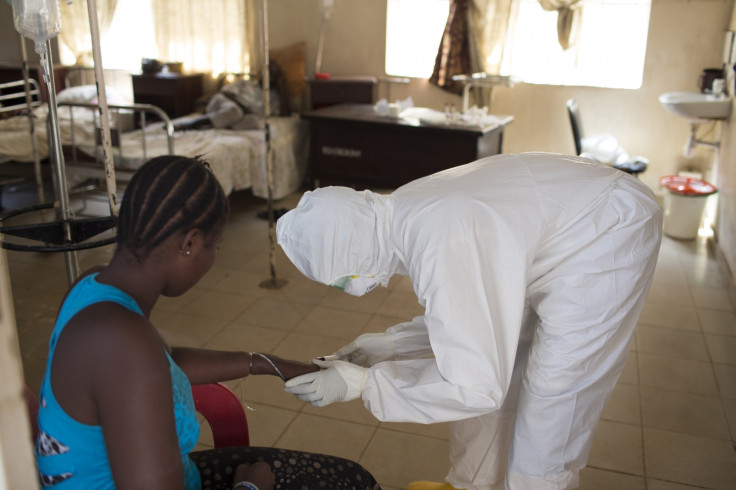Ebola: 44 Million People 'Affected by 219 Infectious Diseases in Last 30 Years'

At least 44 million people have been affected by disease outbreaks in the past 33 years, a study has revealed.
The paper, published in the Journal of Royal Society Interface, claimed that the number of unique illnesses and of disease outbreaks, such as the current Ebola epidemic, is increasing.
Reserachers at Brown University collected data from reports of 12,102 outbreaks of 215 infectious diseases between 1980 and 2013, stored in the Global Infectious Disease and Epidemiology Online Network (GIDEON). The outbreaks affected 219 countries.
"We live in a world where human populations are increasingly interconnected with one another and with animals — both wildlife and livestock — that host novel pathogens," said Katherine Smith, assistant professor of biology and co-lead author of the study.
"These connections create opportunities for pathogens to switch hosts, cross borders, and evolve new strains that are stronger than what we have seen in the past."
The study added that animals are the major cause of disease outbreaks. At least 65% of diseases in the dataset came from animals, and these caused 56% of the outbreaks in the 33-year period.
Researchers added that the ongoing Ebola outbreak, which has killed at least 5,000 people in West Africa since last January, could have come from bats.
"GIDEON defines an outbreak as an increase in the number of cases of disease beyond what would normally be expected in a defined community, geographical area, or season," co-author Sohini Ramachandran, assistant professor of biostatistics at Brown University, said.
Researchers also analysed the host source of the outbreaks and they compiled top 10 lists for each decade of diseases causing the most outbreaks.
Of those diseases contracted from animals between 2000 and 2010, salmonella affected the highest number of people followed by the E. Coli, influenza A, hepatitis A, anthrax, dengue fever, shigellosis, tuberculosis, the mosquito-borne virus chikingunya, and trichinosis.
Among human-specific infections, gastroenteritis led the 2000s list, trailed by ailments such as cholera, measles, enterovirus, bacterial meningitis and pertussis (whooping cough).
Public health 'is improving'
The paper also said that although human beings are facing an increasing number of outbreaks worldwide, public health and medical defences are improving.
"Our data suggest that, despite an increase in overall outbreaks, global improvements in prevention, early detection, control, and treatment are becoming more effective at reducing the number of people infected," the authors wrote.
Smith said the diseases are affected by climate and land use change.
"A warmer world, a world with altered landscapes, and a more urban world will undoubtedly have a new disease-scape to consider," she concluded.
© Copyright IBTimes 2025. All rights reserved.






















